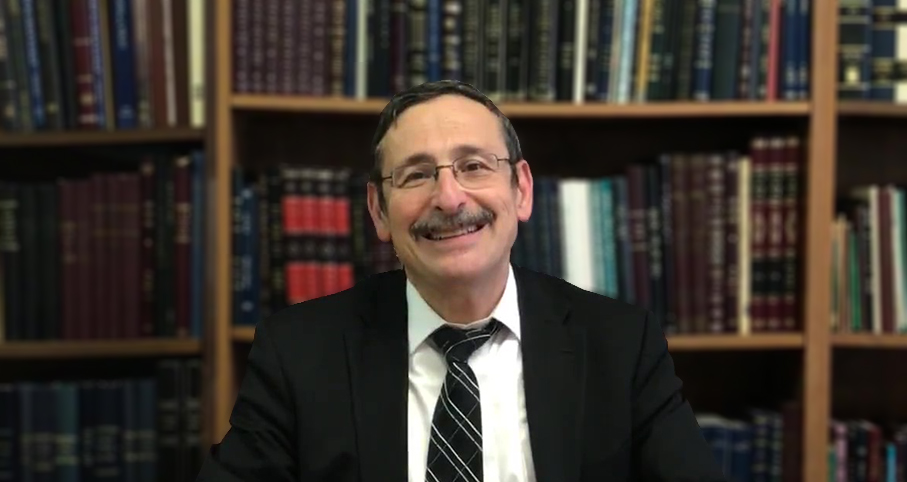Beit Midrash
- Sections
- Chemdat Yamim
- P'ninat Mishpat
Ruling: [Last time we saw that pl was not negligent in not signing a contract with oo or coming to help def negotiate with him.]
There were conflicting testimonies in beit din regarding the question if oo was willing to go along with the agreement that he and pl had worked out. Mr. S said that because oo thought it was too much merchandise to trust CP to pay for, oo refused to give that which was promised. Mr. P (pl’s brother) said that oo did not trust that pl had ordered wisely, considering it was for the Diaspora, and that maybe had pl been present he could have solved the problem. Therefore, he said, the deal was only made possible by oo’s confidante, Mr. T. Mr. A also said that oo had not prepared merchandise for def, as he does for buyers he takes seriously. Oo testified that while he was surprised, he was willing to do the sale as discussed, but that he thought that CP would want a different arrangement. Actually, the claim that it was a totally new deal is something that def never raised in his letters to beit din; he raised it for the first time in the hearing. There was a contradiction in Mr. S’s testimony, who def brought as a witness, as he later said that he ignored pl’s order and pushed in a new order of his own volition. Perhaps the strongest evidence that pl’s contribution was not forgotten, is that the delivery order that oo prepared said, "for pl or Mr. S in the name of CP," and Mr. S signed that order. Mr. S said that he did not consider that accurate but only signed about the number received. The gemara (Ketubot 24b) relates to the question if one who signs on a document affirms everything written in it or only its critical elements. The Rama (Choshen Mishpat 49:7) rules that we view it in a limited manner; the Shach (ad loc. 7) views it more broadly.
We cannot base ourselves strongly on Mr. P’s testimony, as he is a relative of a party, nor on Mr. S’s testimony, as he contradicted himself.
[Next time, we will discuss the status of oo’s testimony and complete our treatment of the case.]

P'ninat Mishpat (802)
Beit Din Eretz Hemda - Gazit
591 - P'ninat Mishpat: Multiple Agreements and Parties – part II
592 - P'ninat Mishpat: Late and Flawed Apartment
593 - P'ninat Mishpat: Did Any Furniture Go to the Buyer? – part II
Load More

P'ninat Mishpat: Smoking Rights in a Rental? – part III
based on ruling 85076 of the Eretz Hemdah-Gazit Rabbinical Courts
Beit Din Eretz Hemda - Gazit | Tishrei 5786

P'ninat Mishpat: Benefit from Unsolicited Efforts of the Plaintiff
based on appeal of ruling 82138 of the Eretz Hemdah-Gazit Rabbinical Courts
Beit Din Eretz Hemda - Gazit | Av 5785

P'ninat Mishpat: Reducing Amount Owed Due to Interest Taken
based on ruling 84057 of the Eretz Hemdah-Gazit Rabbinical Courts
Beit Din Eretz Hemda - Gazit | Tammuz 5785

P'ninat Mishpat: End of Tenure of Development Company – part II
based on ruling 77097 of the Eretz Hemdah-Gazit Rabbinical Courts
Beit Din Eretz Hemda - Gazit | Tammuz 5785

Beit Din Eretz Hemda - Gazit

Trying to Arrange Purchase of Land in Eretz Yisrael
#222 Date and Place: 2 Elul 5669 (1909), Rechovot
18 Sivan 5784

Interceding Regarding a Will
Igrot Hare’aya – Letters of Rav Kook #105
Sivan 28 5782

Connecting Disciplines in Torah Study
Igrot Hare’aya – Letters of Rav Kook 103 – part III
Sivan 15 5782

























